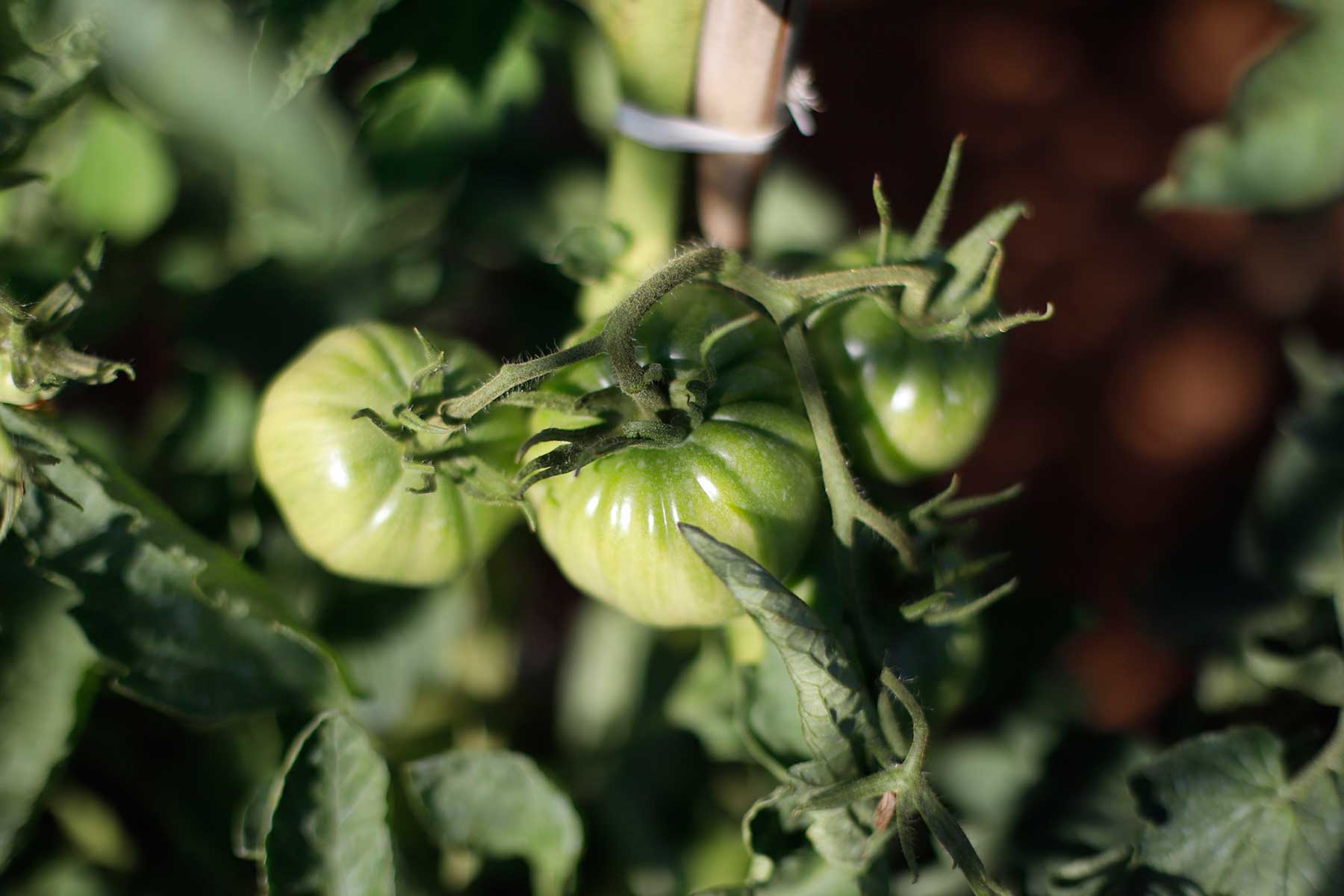Project Description
Organic Seed Alliance (OSA) grew out of another non-profit, the Abundant Life Seed Foundation. It was established in 2003 when United States laws on organic agriculture made the use of organic seed mandatory. In that context, OSA was created as a national organisation, and not as a national federation coordinating pre-existing local or regional initiatives.
OSA decided to favour the advancement of organic seed by supporting people to breed and save their own seed. Its activities were based on three pillars: education, research and advocacy.
Training mainly aims to share knowledge and know-how on seed saving, seed production and related issues, including the economics of seed production.
OSA’s applied research includes variety testing and breeding, but also monitoring the state of organic seed availability and development. OSA’s first approach is to test available varieties in organic conditions in each region. As a second step, if no appropriate varieties are found, OSA may start a breeding program, based either on “variety improvement” or on crosses.
In its participatory breeding projects, OSA compensates farmers for the space, equipment and time spent on the breeding work. Since 2014, OSA has its own experimental station on Finnriver Farm in Washington State.
Although grains are also an issue, OSA focusses most of its activities on vegetable crops, including sweet corn.
OSA organises the Seed Growers’ conference, a bi-annual event that brings together hundreds of farmers, plant breeders, researchers, certifiers, food companies, seed companies, and others from across the United States and around the world.
Case study info
Country: United States
Type of case study: nonprofit organization
Crop category: arable, vegetables
Website: seedalliance.org


